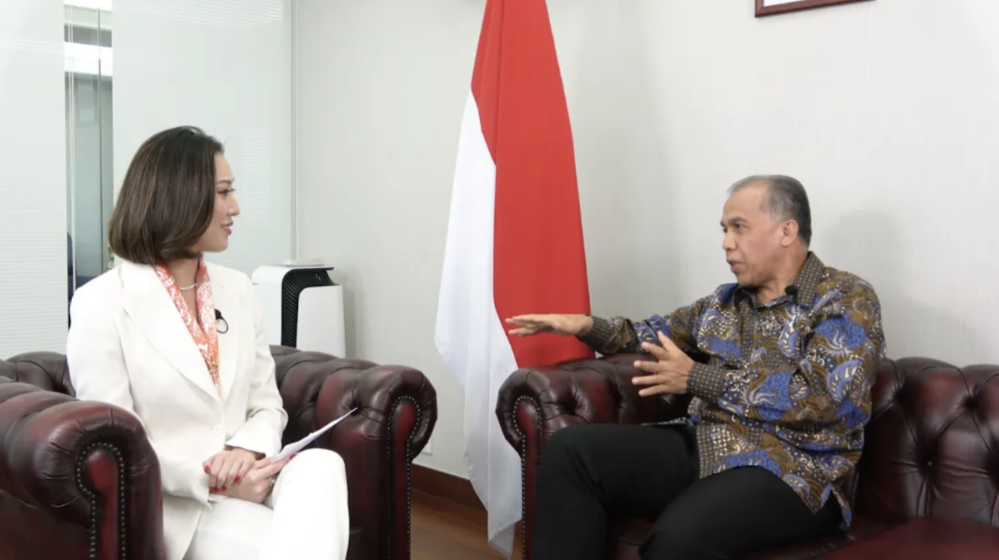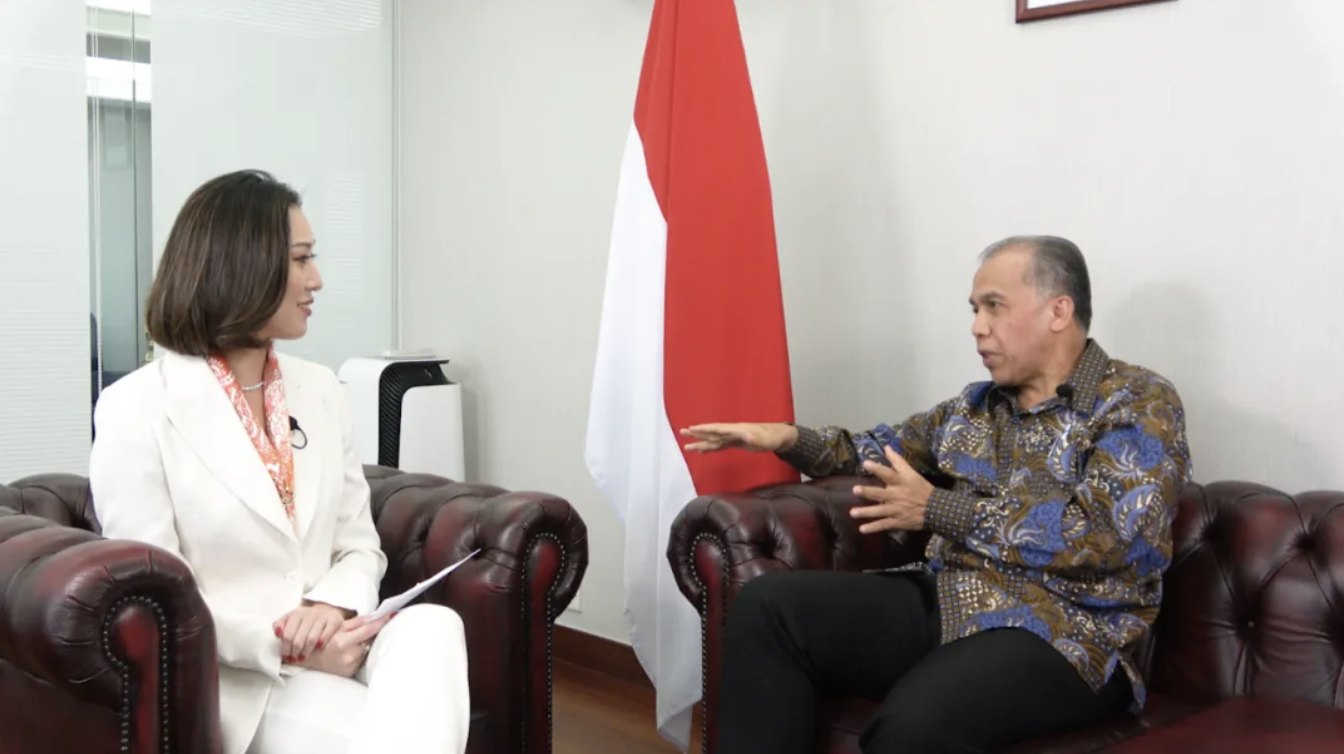
Indonesia is a diverse country with a population of around 280 million people. It is widely known for its rich culture, unique customs, and a great number of local dialects. From Lake Toba in North Sumatera to the Borobudur Temple in Central Java, from the romantic beaches in Bali to the awe-inspiring marine ecosystems in Papua, many tourists are drawn to this charming land.
To further promote Indonesian culture and foster deepen people-to-people ties between Indonesia and Hong Kong as well as with China at large, the Consulate General of the Republic of Indonesia together with Indonesian diaspora communities in Hong Kong, including Alumni Association of the University of Indonesia in Hong Kong; Indonesia Incorporated; and Indonesian Students Association in Hong Kong are holding Indonesia Week Hong Kong 2024 on 1 – 3 November 2024.
Indonesia Week Hong Kong 2024 will feature a business forum on 1 November 2024 at Conrad Hotel Hong Kong under the theme “Navigating the New Landscape and Future Opportunities in Southeast Asia's LargestEconomy”. The Chief Executive of Hong Kong, Hon. John. K.C. Lee will attend the forum as honorary guest and deliver his remark. The event will also feature a cultural festival on 2 – 3 November 2024 with “A Bridge to Indonesia” as its theme.
As this event approaches, the Mirror Post has the great honor to interview the Consul General of the Republic of Indonesia to Hong Kong SAR, Mr. Yul Edison, on various topics about Indonesia.
The Global Influences of Indonesian culture
Zia: First of all, Mr. Consul General, in what way do you believe Indonesian culture, customs, and languages have impacted the global community?
CG Yul Edison: Indonesia is a big country with a population of around 280 million people. In terms of culture, we have over 1300 intangible cultural heritages, which include the likes of batik, angklung (musical instruments made of bamboo), and gamelan (traditional orchestra). These heritages are well-known not only within Indonesia, but also across the globe.
Batik, with its unique pattern and colors, has become a signature of Indonesian culture. Often made with hand-dyed and hand-painted cotton or silk, its design showcases a unique aesthetic. Each design represents different background story and deep value.
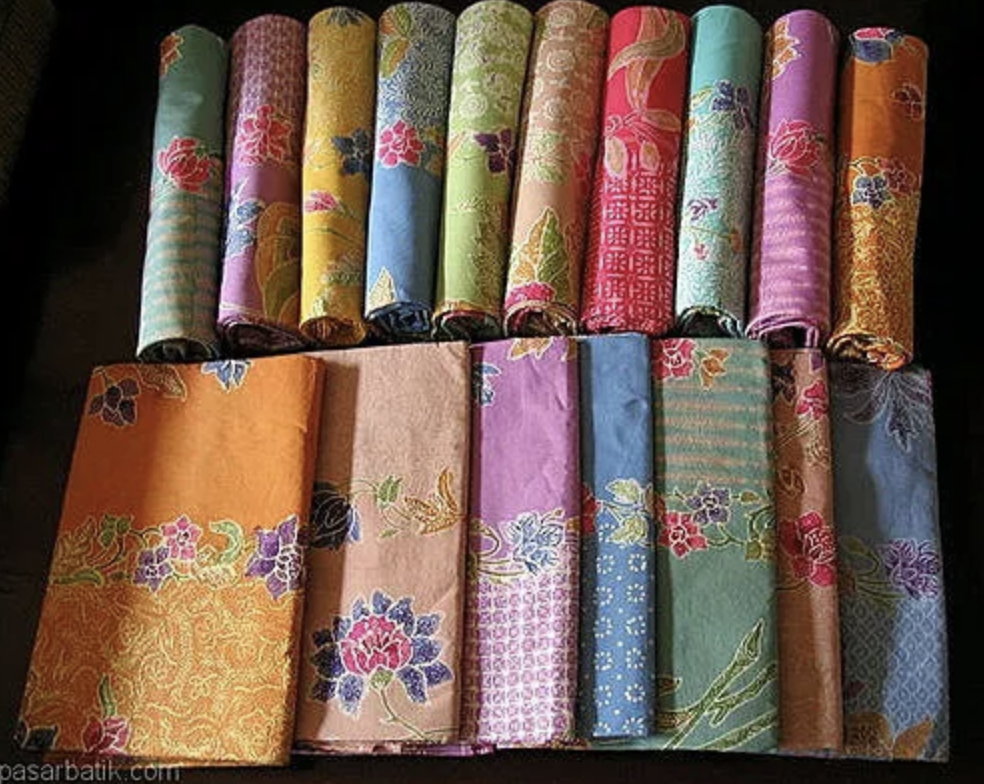
Angklung and gamelan are some of our traditional instruments, and they’re commonly played in festivals and celebrations.
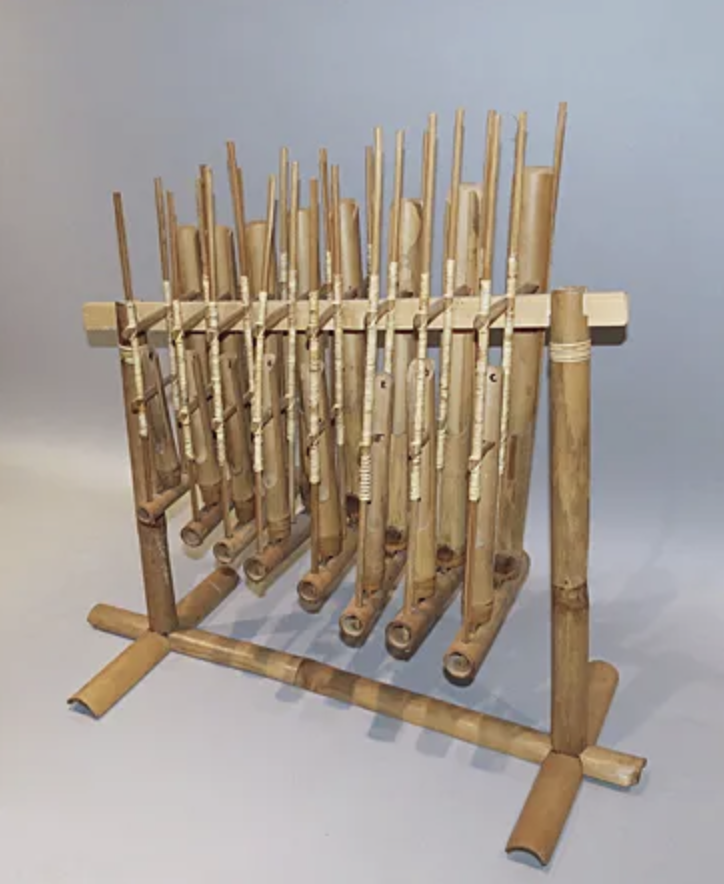
In addition, we also have the culture of jamu, or traditional herbal drinks for health and wellness. They are believed to boost people’s stamina and immunity.
In terms of language, Indonesia has over 1000 ethnic groups, each of which often has their own local dialect. However, Bahasa Indonesia, or the Indonesian language, is the country’s lingua franca and national language. It has been recognized as one of the official languages of UNESCO.
Of course, Indonesian food is also a very important part of our culture. Luckily, there are plenty of places to taste Indonesian food in Hong Kong—including satay, fried rice, as well as the much-beloved rendang, which is named as the world’s best food by CNN. I believe food not only feeds people; it also bolsters an interest in the culture they originate from.
Zia: What’s your favorite Indonesian food?
CG Yul Edison: Rendang is my favorite because of its unforgettable taste.
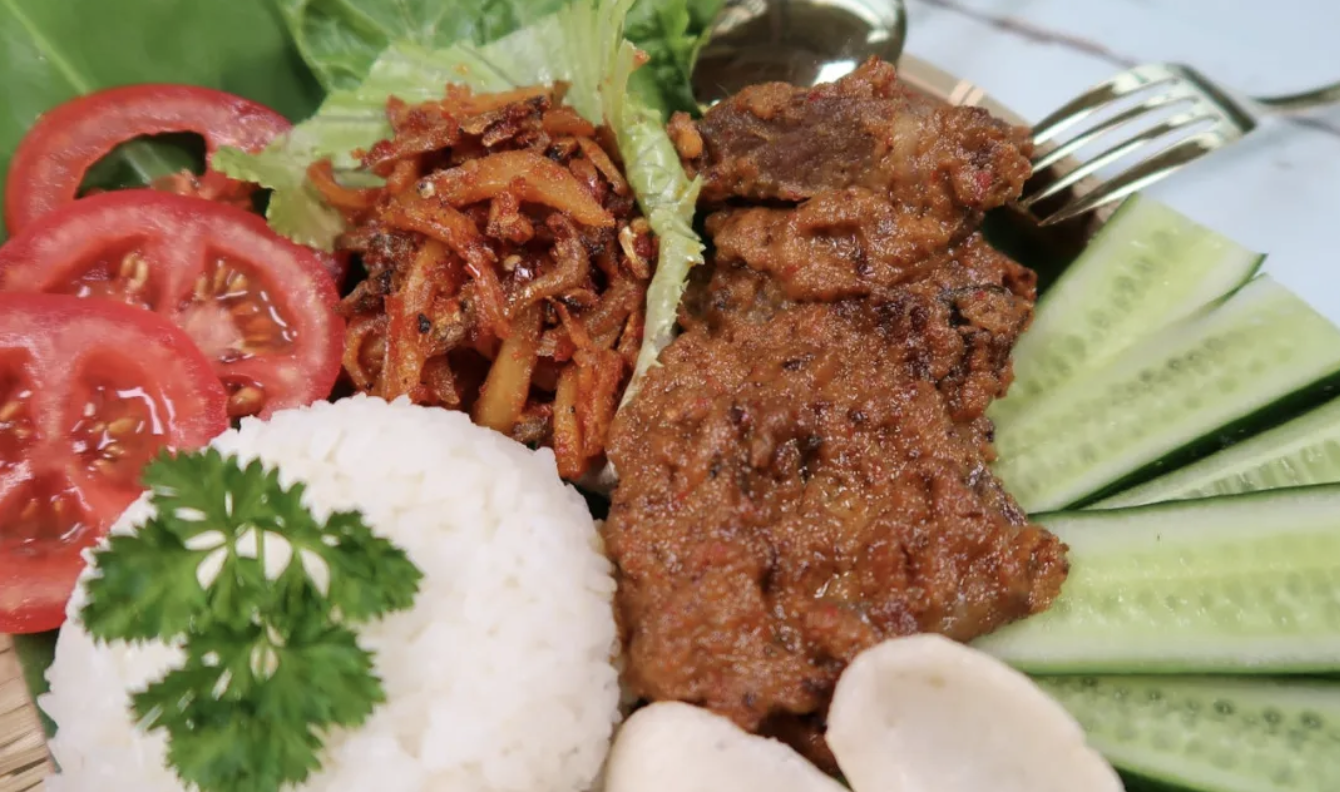
Cooperation between Indonesia and China
Zia: What opportunities do you see for collaboration between Indonesia and China in the creative industry and tourism sectors?
CG Yul Edison: In terms of cooperation between Indonesia and China, I believe there’s a huge potential for cooperation in both the creative industry and tourism sectors.
Indonesian handicraft, fashion, and food are all quite distinct. Not only are they attractive to Chinese tourists and customers, they may also serve as an inspiration for a closer cooperation between Indonesia and China’s creative industries.
Indonesia and China have a vast cooperation potential in the tourism sector, especially considering its array of tourist hotspots with beautiful sceneries and strong cultural significance. Public are familiar with globally popular Bali, yet I also want to invite them to travel to other fantastic destinations in Indonesia such as: Bunaken, Lake Toba, Borobudur Temple, West Sumatra, Labuan Bajo, and many others. We welcome more Chinese tourists to visit Indonesia, and a closer cooperation with China in this sector as well. This includes development of tourism infrastructure and others.
Last year, we greeted around 800.000 Chinese tourists to Indonesia. This reflects the popularity of Indonesia among Chinese tourists. Hopefully, our cooperation in this sector will continue to grow.
Jakarta as a Tourist Destination
Zia: You have mentioned that you strongly recommend Jakarta as a tourist destination. Could you please tell us more about this city?
CG Yul Edison: Jakarta is like mini-Indonesia. It’s a vibrant energetic city, which makes it an appealing choice for tourists. There, you will find anything from modern buildings in commercial districts to countless cultural heritages and good food.
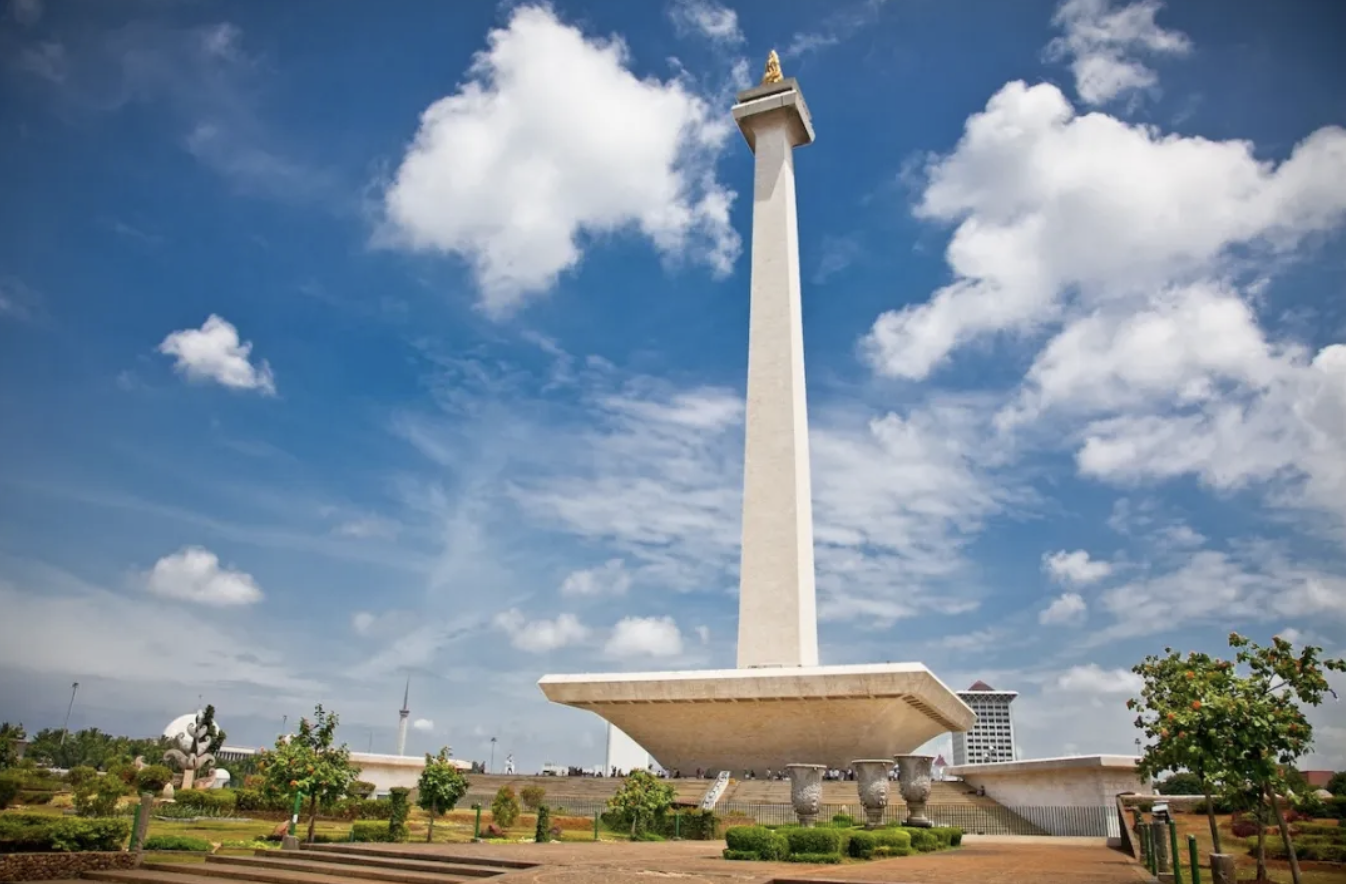
There are plenty of museums and art galleries within the city, and even Chinese temples of worship. Those who love shopping won’t be disappointed either, as there are numerous shopping centers and night markets dotting the city.
Food always becomes a spotlight when talking about Indonesia. In Jakarta, you can find delicacies from all over the country, all in one place. Whether it’s a hawker stall or a fine dining restaurant, Jakarta’s dining options are unforgettable.
Jakarta is also a hub with a strong transportation network. From Jakarta, you can easily reach many other tourist destinations in Indonesia. If you’re planning to visit Indonesia, Jakarta should always be on your travel plan.
Fostering Deeper Connections between the People of China and Indonesia
Zia: As communication continues to evolve, how can we foster deeper connection between the Chinese and Indonesian people?
CG Yul Edison: In my opinion, in order to foster said connection we should first enhance cultural connectivity between the two countries, for instance by hosting cultural festivals, promoting tourism, et cetera. This way, Chinese and Indonesian people will have a greater chance to encounter and understand each other’s culture and ways of life.
At the same time, we can further strengthen our cooperation in the field of education by encouraging students and scholars to participate in international programs and student exchange. This provides them with the chance to develop friendship, networking and global understanding.
This cooperation can also be fostered by non-governmental organizations. Including by holding different kinds of events to foster deeper people-to-people connection.
I believe that through close cooperation between all stakeholders, the relationship between Chinese and Indonesian people will become even closer.
Indonesia Week: A Chance for Hong Kong Citizens to Experience Indonesian Culture
Zia: How could Indonesian or Hong Kong residents promote relationships between the two countries? Can you share some of the activities planned for Indonesia Week in this coming November that will allow Hong Kong residents to immerse themselves in Indonesian culture?
CG Yul Edison: Indonesians living in Hong Kong and Hong Kong residents alike are very welcome to join us in the festivities of Indonesia Week Hong Kong on 1 – 3 November 2024.
A business forum will be held at Conrad Hotel Hong Kong on 1 November 2024. It will provide a platform to connect Chinese and Indonesian businesses, as well as to deepen Chinese businesses’ understanding of Indonesia. I believe that not only will the event promote stronger economic cooperation between the two countries, but also provide its attendees with a clearer frame of reference about Indonesian economic landscape.
The cultural festival part of the event will take place in Wan Chai Harbourfront on the weekend of 2 – 3 November. There, visitors can immerse themselves in Indonesian culture by enjoying our delicacies, participating in cultural workshops, and enjoying various performances of Indonesian traditional and pop cultures.
Through Indonesia Week Hong Kong 2024, I hope that Hong Kong residents will feel closer to Indonesia, its people, and its culture.
Indonesian Culture: Unity and Harmony
Zia: How will Indonesia showcase its cultural diversity, unity, and commitment to harmony during the upcoming celebration?
CG Yul Edison: Indonesia Week will showcase cultural performances from all over Indonesia, each of which represent the cultural traditions of the region they originate from. Visitors can also enjoy various workshops and exhibitions. We hope that these activities can convey the unity and harmony of Indonesia and its rich cultural heritage, something that we take a lot of pride in. Join us, and let’s have lots of fun!
Source from: The Mirror
https://res.youuu.com/zjres/2024/10/28/8xWyBdQK3Z8qubqiqIyRUFRjhdi15PBwJGr.png











扫描二维码分享到手机




